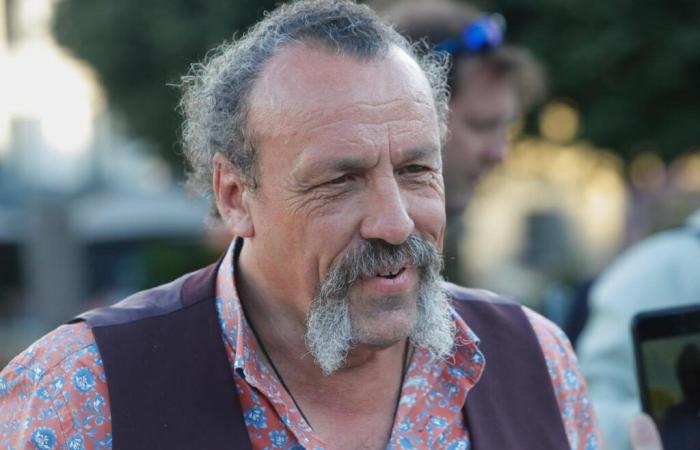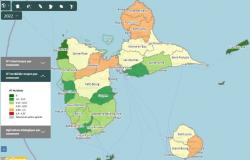DAt the beginning of January, Gabriel Attal had barely had time to settle down in Matignon when the anger of the farmers already saturated the entire political space. Eleven months later, his successor Michel Barnier only had ten more weeks before being overtaken by the exasperation of an agricultural world still on its last legs. And this Monday should mark the start of a new standoff with the executive.
The FNSEA has in fact called for a national mobilization which will of course concern the South-West, with actions planned in Gironde, Landes, Dordogne and Lot-et-Garonne. At the top of the demands, the eternal question of income. However, in February, after a little over a month of actions on an unprecedented scale, farmers had obtained several advances: the abandonment of the planned increase in the tax on non-road diesel (GNR), measures simplification for the construction of livestock buildings or water storage projects, and especially the pausing of the Écophyto plan which aimed to reduce the use of pesticides.
The account is not there
But, this fall, the account is still not there, underlines Benoît Biteau, the environmentalist deputy and organic farmer from Charente-Maritime: “And for good reason, the answers on the table are not the right ones. In January, farmers first mobilized on income – but without the unions. It was only afterward that the FNSEA and the Rural Coordination took control and imposed their demands: the elimination of the increase in the tax on GNR, phytosanitary products… Except that these subjects do not resolve the problem of income. The proof, the movement resumes. »
“There are no concrete measures that contribute to improving income”
A trained agronomist, he is also very critical of the end of the Ecophyto plan: “Experiments show that by reducing pesticides by half, production remains the same, or even increases. And, at the accounting level, we have an improvement of 200 euros per hectare. On a 100 hectare farm, this represents 20,000 euros. » He assures: “There are no concrete measures that contribute to improving income. As for European aid from the Common Agricultural Policy (CAP), 81% of it only goes to 20% of the largest farmers, and it is they who negotiate…”
As a result, among government supporters, we are observing the situation closely: “Yes, it can shake things up,” observes a Macronist MP, “because farmers expect immediate answers while the problems are structural. »
Mercosur
For his part, Michel Barnier has multiplied the signs of appeasement. On Friday, the Prime Minister was categorical at the microphone of France Bleu: “I will do everything I can”, adding: “All the promises made to the farmers who demonstrated at the start of the year will be respected. » A commitment which is all the more understandable as this outbreak of fever hits an already eruptive situation, with the examination of the finance bill whose ambition is to reduce public spending by 40 billion euros. Not to mention the beginnings, on Tuesday, of the Congress of Mayors, with which communication threatens to be cut off as well.
However, Benoît Biteau remains skeptical about the Prime Minister's comments: “Even if he keeps his promises, at what point will that put money in the bank account? I do not believe that this government will dare to challenge the system. However, public aid should be redistributed on the basis of labor units and no longer surface area units, which is why the more surface area you have, the more aid you have. Then, we must distribute aid no longer to perfuse a dying agricultural model but to support its changes. Public money must serve the common interest. In Europe, 12% of cultivated areas still refer to family and agroecological agriculture and they represent 32% of European production. It is on this agriculture that food sovereignty depends. »
However, for Michel Barnier, this anger among farmers could also be fueled by external decisions. And more precisely the discussions which will open this Monday at the G20 in Rio, where the future of the agreement with Mercosur, a commercial treaty between the European Union and the Latin American countries that France will play out. denied. “As an MEP, I was against all these free trade treaties,” recalls Benoît Biteau. He says: “Mercosur will push farmers even further into the crisis. » If this agreement ends up being signed after twenty-five years of negotiation, their anger will only be reinforced.






